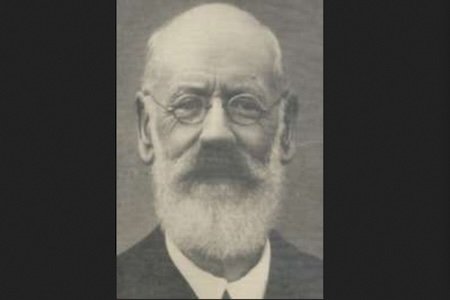
C M Smith: 1891 - 1899
Charles Michie Smith (13 July 1854–27 September 1922) was the Government Astronomer for Madras. He replaced N. R. Pogson as the director of Madras Observatory in 1891. Smith took up the initiative to shift the observatory to Kodaikanal in 1899 and continued as the director of Kodaikanal Observatory.
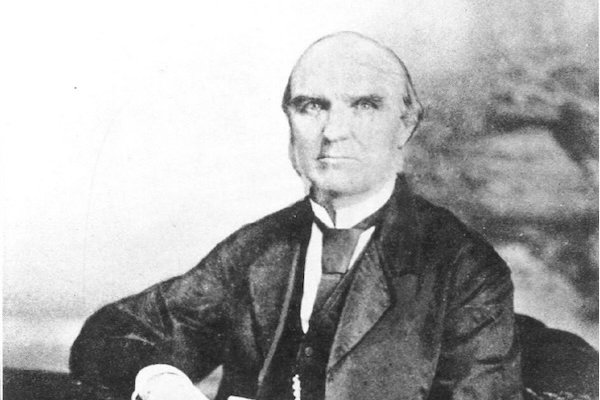
N R Pogson (1861 - 1891)
Norman Robert Pogson (23 March 1829 – 23 June 1891) is well known for his work on the mathematical scale of stellar magnitudes, which is the accepted as a standard in astronomy. During his time at Madras Observatory, he also discovered several minor planets and variable stars.
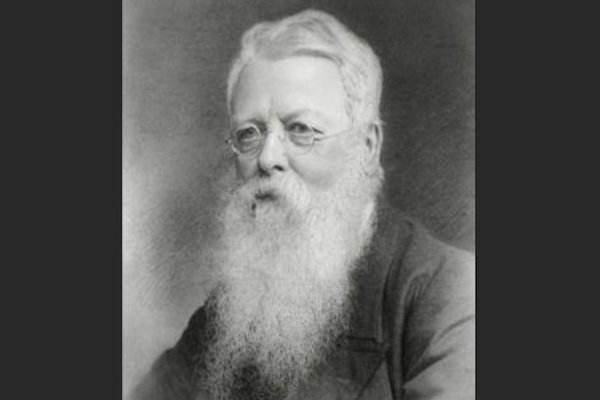
J F Tennant: 1859 - 1860
Lieutenant-General James Francis Tennant, CIE, FRS (10 January 1829 - 6 March 1915) was a British soldier turned astronomer. He began his military career with the Bengal Engineers in Calcutta in 1847 and later switched over to the Great Trigonometric Survey of India. His interest turned to Astronomy when he was appointed as the director of Madras Observatory.
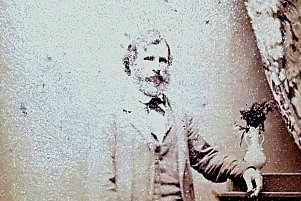
W S Jacob: 1849 - 1858
Captain Willian Stephen Jacob (1813 - 1862) started his career as an East India Company cadet in 1828. He worked with the Great trigonometrical survey of India in the North-West Provinces from 1831, and established a private observatory at Pune in 1842. He was appointed as the director on Madras Observatory in 1849.

T G Taylor: 1830 - 1848
Thomas Glanville Taylor, FRS, FRAS (22 November 1804 – 4 May 1848) was working at the Royal Greenwich Observatory when he was offered the post of director of Madras Observatory in 1830. He brought with him new equipment including transit telescopes. He is well known for the Madras catalog of stars which lists the position of more than 11,000 stars.
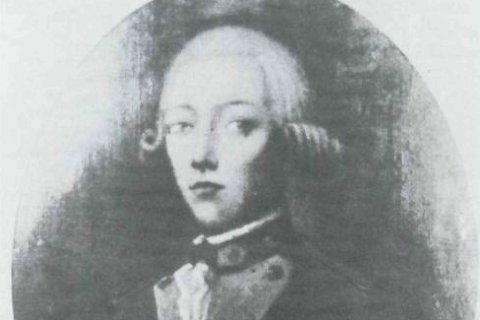
John Warren: 1805 - 1811
Jean Baptiste François Joseph de Warren or John Warren (21 September 1769 – 9 February 1830) was an army captain and later, a surveyor and an amateur astronomer. He was the Acting Astronomer of Madras Observatory during the years 1805-1811 when the director John Goldingham went to England on leave.
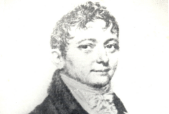
J Goldingham: 1802 - 1830
John Goldingham FRS, FRAS, RGS (1767 - July 1849) was the first official astronomer of the Madras Observatory, appointed in 1802. He was hired by astronomer-sailor Michael Topping as his assistant in 1788. Goldingham formulated the Madras time which was 5 hours and 21 minutes ahead of GMT thus establishing the closest precedent to Indian Standard Time.
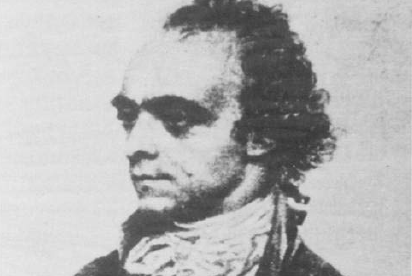
Michael Topping: 1789 - 1796
Michael Topping (1747–1796) was the Chief Marine Surveyor of Fort St. George in Chennai (then Madras) and an astronomer. Topping persuaded astronomer William Petrie to transfer his private observatory to the government and set up the first modern astronomical observatory, the Madras Observatory, in Nungambakkam.
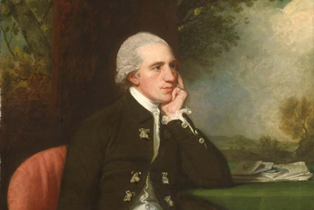
William Petrie: 1786 - 1789
William Petrie (1747 – 27 October 1816) was a British officer of the East India Company in Madras. In 1786, he set up a private observatory in his residence in Egmore as a geographical and navigational aid. His observatory and instruments later contributed to the first modern observatory outside Europe, the Madras Observatory.
Related Pages
Directors of Indian Institute of Astrophysics : 1971 onwards
Directors of Kodaikanal Observatory : 1899 - 1971
Information compiled by Bhaskara Achari, Dean's Secretariate, IIA Bangalore.